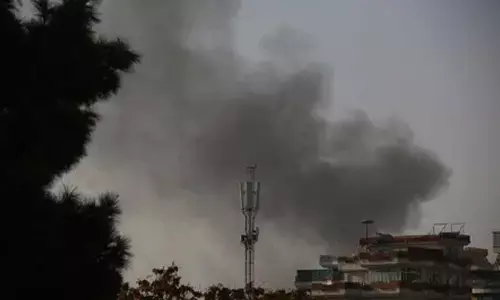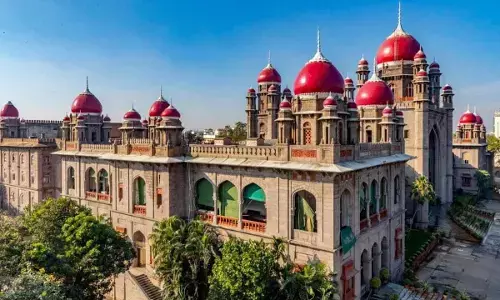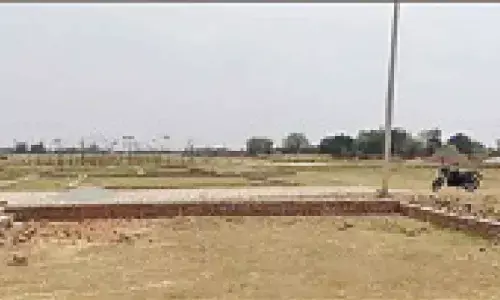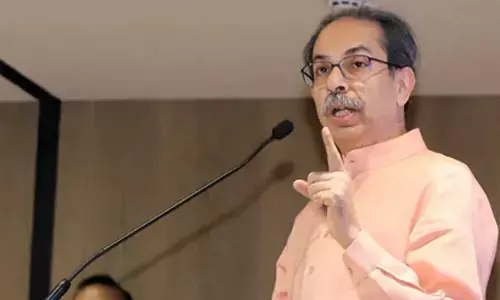Biodiesel will strike hard at food security
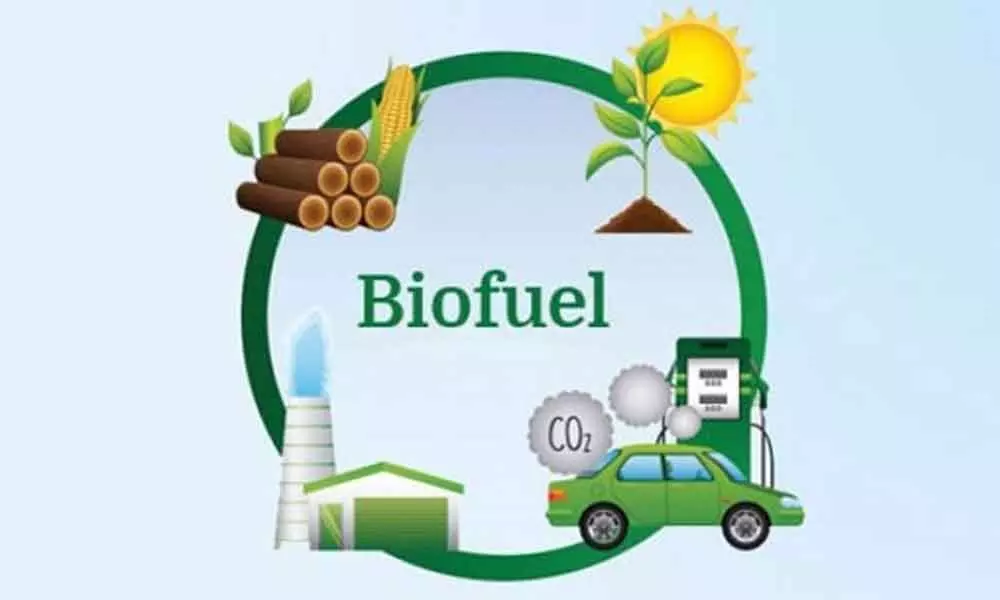
Representational Image
The war in Ukraine has led to an increase in price of fuel oil.
The war in Ukraine has led to an increase in price of fuel oil. There is a lurking danger that the price may increase yet more in the coming times if the war continues. This makes it necessary for us to look for alternative ways of ensuring our energy security. We are dependent on imports for the three major sources of energy, namely, fuel oil, coal and uranium. One alternative being suggested is to promote biodiesels which can be
produced either from sugarcane directly or from seeds of jatropha that can be grown on degraded lands. Indeed, it is possible to produce biodiesel from such use of lands. However, the same land has alternative uses. The question, therefore, is not whether we can and must produce biodiesel. The question is whether biodiesel provides more benefits than the production of other crops on the same lands.
If, for example, we grow more sugarcane then we will grow less paddy and wheat. Or, if we grow more jatropha then we will grow less bajra and ragi; and we will plant lesser areas under natural forests. So, we have to compare which of the two alternative crops is more beneficial for us.
The main point is that cultivation of sugarcane for biodiesel will lead to lesser crop production of food grains and it will directly hit our food security. In our attempt to ensure our energy security we will be pushing for ourselves into food insecurity. We will be getting out of the pan only to fall into the fire. We must remember that it is possible to live without energy but not possible to live without food and, therefore, food security is much more important than energy security.
The production of biodiesel is also hugely water-intensive. Sugarcane uses about 20 times more water per hectare of land than the cultivation of wheat. Our water resources are already depleting. The groundwater table has been declining rapidly across the country. In such a situation, if we draw out more quantities of fossil water to produce sugarcane, the water table will decline further and it will again imperil our food security.
We should know that in the eastern part of our country, water at lower levels contains poisonous arsenic which is becoming a major health hazard. Therefore, we will be imperilling the lives of our people by forcing them to draw the water from greater depths and consuming poisonous arsenic only because we want to produce use more water to produce sugarcane for biodiesel.
The second negative impact is on agricultural biodiversity. The cultivation of sugarcane on large areas of cultivable land will hit at the cultivation at a number of crops such as wheat, paddy, ragi, bajra, menthe, chilies, bananas, etc. We need to cultivate multiple crops to protect ourselves from the effects of global warming.
As the temperature of the earth increases, certain crops will fail to adapt and it may not be possible to cultivate them; while other crops may adapt to higher temperatures and it may be possible to continue their cultivation. If we reduce the cultivation of multiple crops then we may find that we have ceased the cultivation of crops that could have adapted to global warming. Therefore, it is necessary to produce multiple crops rather than any single crop especially a non-food crop like sugarcane.
The case for biodiesel is actually made by the policymakers because it serves the rich. A paper published by the World Bank titled "Review of Environmental, Economy and Policy Aspects of Biofuels" says that the demand for biofuels is largely from the richer sections of society. Here, we have a clear admission that biodiesel is used mainly by the rich; whereas, the biomass such as straw is used more by the common man. The cultivation of paddy and wheat provides straw which is fed to the livestock, which leads to the production of milk, which is then fed to the children.
I did a study in Rajasthan and found that the health of children of farmers producing cash crops deteriorates because less cash income is used for milk and other nutritious foods. The production of sugarcane for biodiesel may indeed provide more cash to the but that cash is used for buying goods like bikes and television rather than for milk. The result is that the cultivation of cash crops lead to lower health for the common man. It appears that biodiesel is been promoted not because it is beneficial for the country but because it is beneficial for the rich who use most of the biodiesel that is produced.
The experience of Brazil is often invoked in favour of biodiesel. Indeed, Brazil is producing large amounts of sugarcane and directly producing biodiesel from the same. However, the land and water availability in Brazil is much more than in India. Brazil has 32.5 hectares of land per one thousand persons while India has only 1.48 hectares. Brazil has 29,006 cubic meters of renewable sources of water per person as against only 1,152 cubic meters in India. This means that while Brazil can divert some of its lands and water for the production of biodiesel without affecting its food security while we cannot do the same because we do not have enough land to continue to produce food after diverting lands for the production of biodiesel.
Another argument in favour of biodiesel is that the production of bagasse after extracting juice from the sugarcane can be used to produce electricity. This argument does not hold because the cultivation of wheat and paddy also leads to the production of straw, which can be used not only as a fuel for production of electricity but has multiple uses such as for feeding to the livestock as well as manufacturing paper and other goods.
Therefore, production of straw is more useful since it has diverse uses. It is time that the government reviews its policy of promoting biodiesel and focus more on reduction of consumption of energy so that we do not put unnecessary pressure on the environment and imperil our food security.
(The author is former Professor of Economics at IIM, Bengaluru)
(The opinions expressed in this column are those of the writer. The facts and opinions expressed here do not reflect the views of The Hans India)



